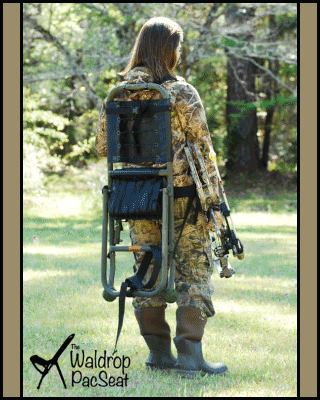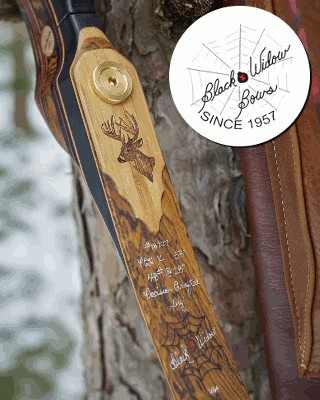Officials from the Michigan Departments of Agriculture (MDA) and Natural Resources (DNR) encouraged hunters with a valid hunting license of any type to shoot feral swine (free-ranging wild pigs) in 23 Michigan counties.
In states where feral swine have become established, they have caused crop damage, pose a serious threat to the health and welfare of the domestic swine, endanger humans, impact wildlife populations, and impact the environment by disrupting the ecosystem.
Because state law protects livestock that may be running at large, special precautions are necessary to guard the rights of farmers. The following locations have had at least one feral pig reported: Arenac, Bay, Baraga, Clinton, Cheboygan, Gladwin, Gratiot, Hillsdale, Isabella, Jackson, Lapeer, Lenawee, Marquette, Mason, Mecosta, Midland, Montcalm, Montmorency, Newaygo, Oceana, Ogemaw, Roscommon, and Saginaw counties. County prosecutors are aware that shooting feral swine in these counties is permitted and any potential owners of the feral swine have been contacted and do not claim ownership.
"We will take aggressive enforcement action to protect the health of legally imported swine used in hunting preserves and eliminate feral swine from the wild in Michigan," said State Veterinarian Steven Halstead. "Our goal is to safeguard the livestock industry as well as the environment from these unwelcome invaders."
"Hunters, as always, have to be certain of their targets before shooting," said Alan Marble, Bureau Chief of the DNR Law Enforcement Division. "Feral Swine are unfamiliar targets to most Michigan hunters, and sportspersons need to make sure they are shooting at hogs and not black bear, dogs, or any other animal."
Because feral swine have the potential to carry diseases which may impact the state's domestic swine industry, MDA and DNR have set up a program to test these animals. DNR biologists at field check stations, in counties where feral swine have been sighted, will help hunters gather tissue samples to be submitted to the state diagnostic laboratory for free disease testing.
While there is no indication that these animals are carrying pseudorabies or any other disease, precautionary testing will be conducted. Feral swine may also transmit diseases such as brucellosis, bovine tuberculosis (TB) and trichinosis to people and other livestock.
A person field-dressing swine, especially in the Northeastern Lower Michigan TB area, should wear gloves. If the lungs, ribcage or internal organs from wild pigs look abnormal (multiple tan or yellow lumps), the meat should not be eaten. The carcass should, however, be removed from the environment and brought to a DNR field office to prevent disease transmission to other animals.
It is highly unlikely a person will contract bovine TB, brucellosis or trichinosis by eating thoroughly cooked meat of feral swine. These pathogens and parasites are very rarely found, as a precaution however, all meats, including that of feral swine, should be thoroughly cooked to an internal temperature of 170.6 degrees F.
State law prohibits the release of any species having the potential to spread serious diseases or parasites, to cause serious physical harm, or to otherwise endanger native wildlife, human life, livestock, domestic animals, or property. Intentional release of swine in Michigan is a felony and may be punishable by not less than $1,000.
The law also requires domestically raised swine (including Russian and Eurasian Boars), have a physical examination by an accredited veterinarian to determine the health status before and after importation into Michigan. Proper housing, husbandry, and confinement of the animal must also be determined at the time of importation. Therefore, swine not raised in captivity may not be imported and released anywhere in Michigan.
To help eliminate these pests, the DNR encourages hunters to take any legal opportunity to shoot feral swine. They can be unpredictable when and where they show up. Hunters may not easily get a second chance. (Tip) When shooting a pig, aim for the shoulder or slightly ahead of the shoulder. The vital area of a pig is more forward than a deer.
If you see or shoot any feral swine please contact: the DNR at (517) 336-5030 or email
[email protected]; MDA at 800-292-3939 (press "4" for the Animal Industry Division); or USDA Wildlife Services at (517) 336-1928.
For more information on Zoonotic diseases and feral swine, go to:
www.michigan.gov/emergingdiseases.



















